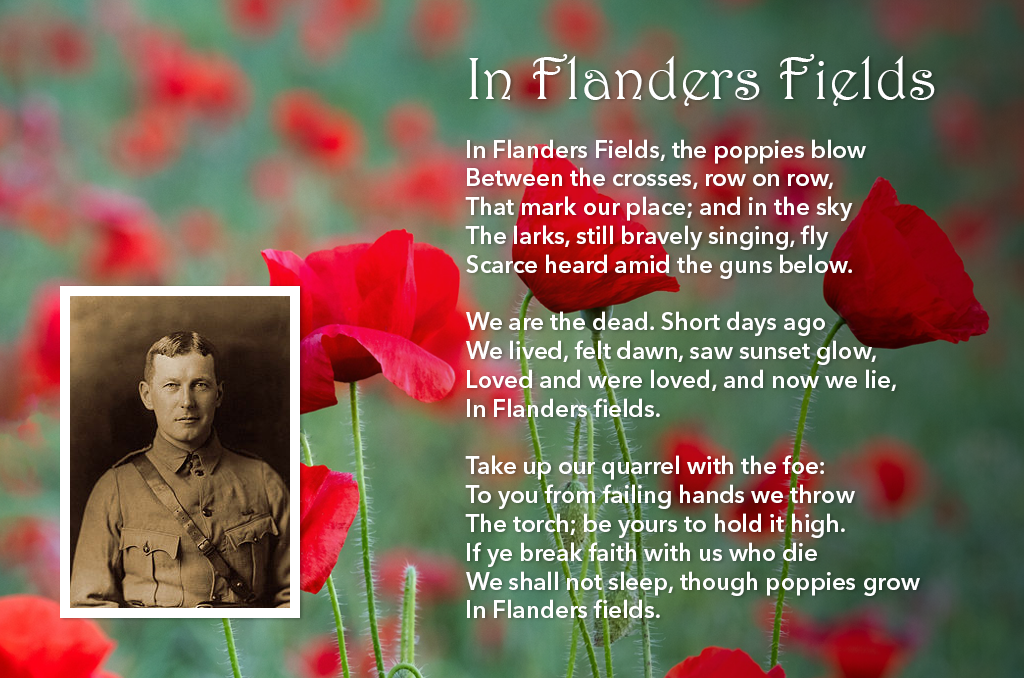Canada is popularly known as the land of diversity, where cultures blend and weave together to create a vibrant tapestry of national identity. Renowned as a melting pot of cultures, a place where people from all corners of the globe come together to create a rich and unique social fabric. From the bustling streets of Toronto to the picturesque landscapes of Vancouver, this vast country is home to a mosaic of cultures, languages, and traditions. Canada’s diversity shapes its national identity and influences its social, economic, and cultural landscape.The multicultural roots of its great nation as well as the harmonious coexistence of different communities, all contribute to the vibrant tapestry that is Canada.
Over the years, Canada has opened its doors to immigrants from all over the world, welcoming people of different ethnicities, religions, and backgrounds. This continuous influx of immigrants has shaped Canada’s national identity, turning it into a diverse and inclusive nation. Today, Canada is one of the most multicultural countries in the world, with more than 200 ethnic origins reported by its citizens. This rich tapestry of cultures is a testament to Canada’s commitment to diversity and inclusivity.
Cultural diversity is evident in every aspect of its society. From the arts to cuisine, from festivals to religious practices, the country’s multiculturalism is celebrated and embraced. Each province and territory in Canada has its own unique cultural heritage, contributing to the overall diversity of the nation.
We pride ourselves on being a welcoming and inclusive nation, where people from all backgrounds can thrive and contribute to society. This sense of inclusivity is deeply ingrained in the Canadian identity, and it is reflected in the country’s values and policies. Embracing diversity as a strength, recognizing that it fosters innovation, creativity, and a broader understanding of the world.
Numerous festivals and events are held across the country to showcase the richness and vibrancy of different cultures. These events not only provide entertainment but also promote cross-cultural understanding and appreciation.
While multiculturalism is widely celebrated, it is not without its challenges. One of the main challenges is the need for integration and inclusion. While diversity is embraced, it is important for different communities to come together and create a sense of unity. Language barriers, cultural differences, and discrimination can pose obstacles to integration. However, Canada has implemented various programs and initiatives to address these challenges and promote inclusivity.
Various cultural initiatives were implemented and programs to support and promote multiculturalism. The Canadian Multiculturalism Act, passed in 1988, recognizes and affirms the multicultural nature of Canadian society. The Act promotes the full and equitable participation of individuals and communities of all origins in all aspects of Canadian society.
Our commitment to multiculturalism is reflected in our policies and legislation. In addition to the Canadian Multiculturalism Act, various measures were implemented to protect and promote the rights of individuals from diverse backgrounds.
The Canadian Charter of Rights and Freedoms guarantees equal rights and protection for all Canadians, regardless of their ethnicity, religion, or language. This constitutional document ensures that individuals are treated fairly and are free to express their cultural and religious practices.
Canada’s national identity is not defined by a single culture or tradition, but rather by the mosaic of cultures, languages, and traditions that coexist within its borders. We are a country that values diversity and recognizes the importance of inclusivity. It is a testament to the power of diversity and the strength that comes from embracing different cultures.
Multiculturalism is not just a source of pride but also a model for other nations to emulate. In a world that is increasingly interconnected, our commitment to diversity and inclusivity serves as a shining example of how different cultures can come together to create a stronger, more vibrant society. So, let us continue to celebrate and cherish the cultural mosaic that is Canada.
